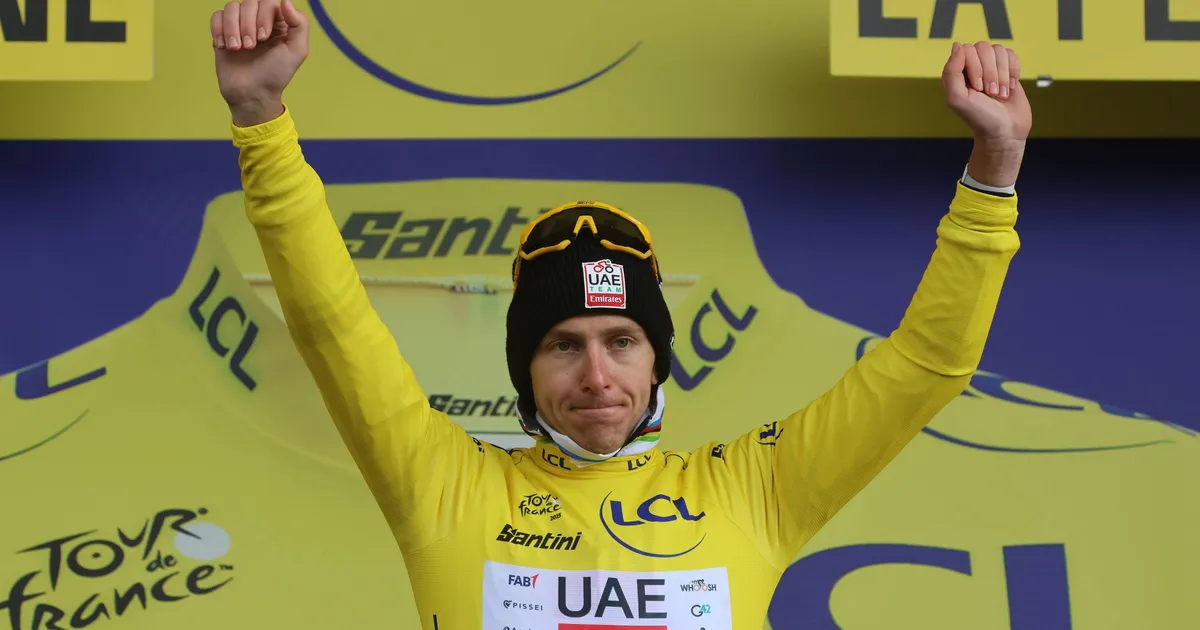Cycling is a sport in which fans can have a lot of contact with the athletes even if they are the best in the world. Tadej Pogacar lives in Monaco but nevertheless can’t escape the large amount of attention on the daily; and teammate Tim Wellens argues that this and his overall popularity adds to the mental fatigue that we now see in the final week of the Tour de France.”I live next to him, and it’s not easy to live like him. Tadej gets up, walks to breakfast, and there are 20 people waiting there, demanding attention. After breakfast, there are another 30 people, and that number again at the bus stop,” teammate Tim Wellens said to Sporza. “He’s constantly under pressure. A lot is being asked of him, and then I think it’s normal that he struggles mentally.”
During the Tour de France pre-race press conference Pogacar noted that he had also been patient in giving some of his time to talk to the media, but the team has looked to minimize these small commitments so as to lower the amount of pressure on the Slovenian.
Adding to all this Pogacar’s many podium ceremony commitments on the daily throughout the entire race lower the amount of recovery time, and the time spent outside of the race bubble and with the team and family after stages.
“He rarely made a mistake if you gave him a small advantage. They never took him back. I saw he would become a good rider, but not this,” DS Andrej Hauptman added. “His strength is his determination. He stays calm in difficult moments. And when he became world champion, he was still motivated for his next goals. I can’t understand that.”
In a separate interview, the man who ‘discovered’ Pogacar and helped him go through the ranks and all the way to the top of the sport also talked about what may be Pogacar’s weakness: “He’s sometimes too honest. Although that hasn’t been a weakness so far. Even if he’s sometimes not as he’d like to be, or the result isn’t what he expected, he handles it well. He processes it and can look to the future again after an hour.”
It is easy to assume a rider of such caliber and talent faces little trouble in the world of pro cycling but Hauptman assures that is not the case. “Tadej is human. He can also suffer. I know Tadej. But for people who don’t know Tadej, that’s difficult to understand. If you sometimes want another rider, your favorite or a friend, to win, it’s hard to understand that someone is better.”
But he does believe his compatriot has become less aggressive in terms of racing this year, likely as a result of his maturity and experience. “With a number on his back, he’s always ready to fight and to race. But he’s become more pragmatic, especially this year, and not as aggressive anymore. He’s become a bit more defensive when necessary. He’s become more mature and calmer. If you had asked me 10 years ago that I could be part of such a story… It’s something you only see in American films. But dreams can come true.”

